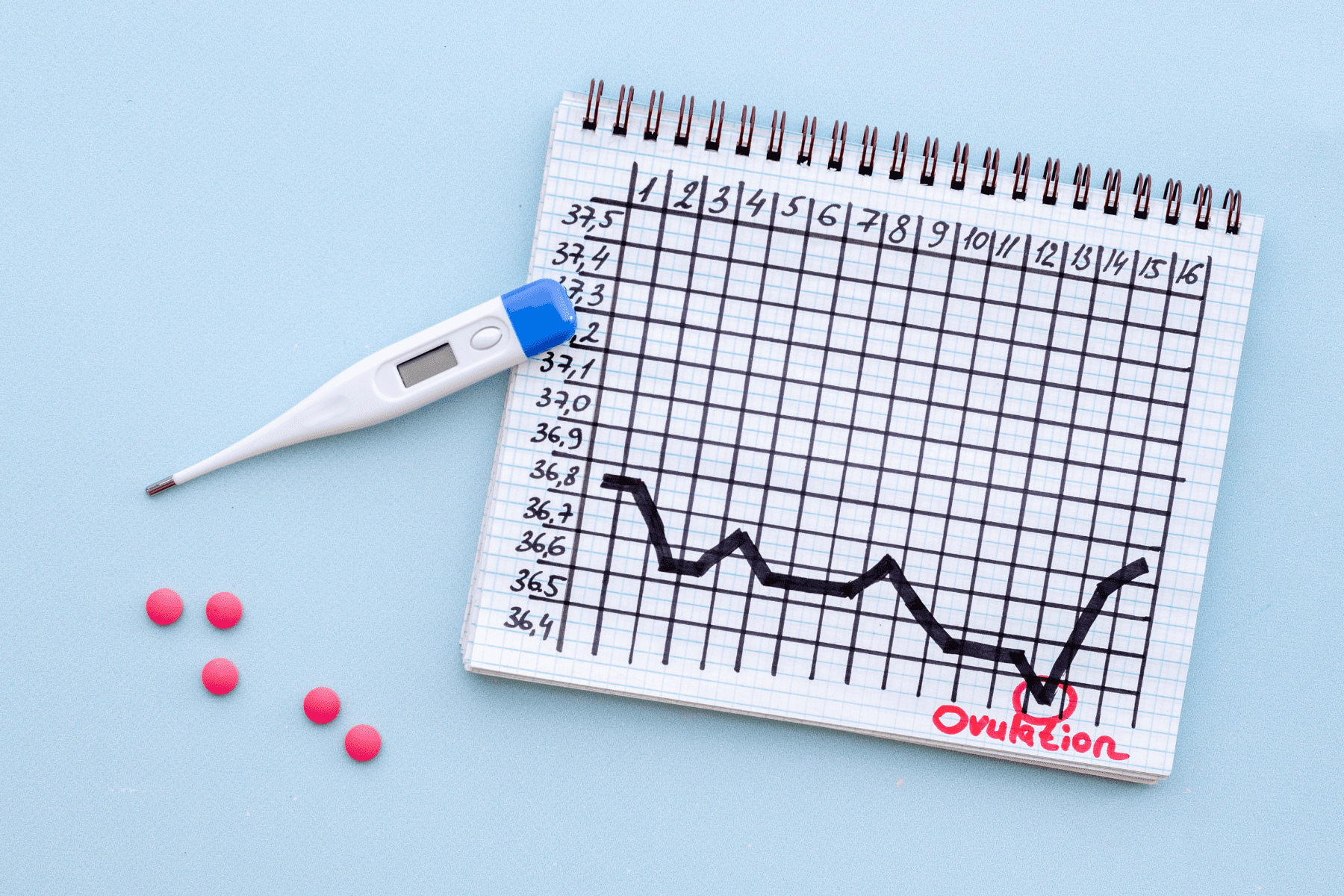The American Society for Reproductive Medicine (ASRM) defines third-party reproduction as “the use of eggs, sperm, or embryos that have been donated by a third person (donor) to enable an infertile individual or couple (intended recipient) to become parents.” Third-party reproduction also includes the use of traditional and gestational surrogacy.
A recent examination of the contribution of third-party IVF to the U.S. birth cohort between 2004-2013 revealed that it accounted for 16% of all IVF cycles, 20% of all live births and 21% of all live-born infants.1 Given the increased use of third-party reproduction, questions are being raised regarding the psychological outcomes of those involved. This informational letter is intended to provide a brief summary of recent literature on the psychological outcomes of children and families formed through third-party reproduction.
Psychological Outcomes and Adjustment of Children
Soderstrom-Anttila et al2 conducted a systematic review to summarize current knowledge of the medical and psychological outcomes of surrogate mothers, intended parents and the children born of surrogacy. Results indicated no major psychological differences between the children from 1-10 years of age. However, one study found that at 7 years of age, children born via surrogacy showed higher levels of adjustment difficulties than children born via gamete donation; however, this difference disappeared at 10 years of age.
Golombok et al3 compared the psychological adjustment of 4-9 year-olds, conceived by donor insemination, from heterosexual single mothers and heterosexual married or cohabiting mothers. Regarding parenting, results indicated 1) no difference in parental well-being (anxiety, depression, and stress); 2) mother and child interaction, and 3) level of positive parenting. There were less frequent battles between mothers and children in single mother than in two-parent families. Regarding child adjustment, results indicated no significant difference between family types and strengths and difficulties.
Imrie et al,4 using observational and representational measures, assessed the quality of parent-infant relationships in families formed through egg donation with IVF versus those formed solely through IVF with children aged 6-18 months. Results concerning the mother-infant relationship revealed no differences in the representation of child anger, happiness, affection or rejection.
Older moms using egg donation did report feeling less confident in parenting abilities. Although all mother-infant observational scores indicated good relationship quality, mothers using egg donation exhibited less sensitivity and structuring and infants born from egg donation exhibited less responsiveness and involvement. For the father-infant relationship, there were no representational or observational differences found.
Psychological Outcomes and Adjustment of Adolescents and Young Adults
Golombok and colleagues5 assessed the psychological health of adolescents (age 14) between those born through reproductive donation (donor insemination, egg donation and surrogacy) and natural conception. Overall, there were no significant differences found in quality of mother-adolescent relationships.
Based on parental ratings, differences were found in regards to gestational link, with surrogacy families exhibiting lower levels of negative parenting and family relationship difficulties and greater parental acceptance, than in gamete donation families. Also, greater family relationship difficulties and lower parental acceptance were found in egg donation versus donor insemination families. Interestingly, per adolescent report, there were no differences found in adjustment, wellbeing or self-esteem between any family types.
In a recent study,6 directly assessing the perspectives of adolescents (age 14) raised in heterosexual two-parent families conceived using surrogacy or gamete donation (egg or sperm), when asked about their feelings regarding their conception, the majority of respondents described feeling indifferent; reported an interest in contact with the surrogate or donor; and positive feelings about the surrogate or donor. None of the adolescents reported feelings of distress concerning their conception.
Using data from the National Longitudinal Lesbian Family Study (NLLFS), Gartrell et al7 assessed the psychological health of 77 adult offspring (25 years of age) of lesbian parents, conceived through donor insemination, with a matched U.S. population-based normative sample. No significant differences were found between the groups in regards to adaptive functioning, including familial, friend and romantic relationships and educational or job performance or behavioral, psychological or emotional functioning.
Psychological Outcomes and Adjustment of Intended Parents and Families
In a recent study, Van Rijn-van Gelderen et al8 found no differences in parental well-being, namely parental stress, psychological adjustment and partner relationship satisfaction, between gay-father families with infants born through surrogacy, lesbian-mother families with infants born through donor insemination and heterosexual-parent families with infants born through IVF.
Soderstrom-Anttila et al2 found no difference in parents’ psychological states or mother-child interactions between mothers using a surrogate, mothers receiving oocyte donation and mothers who conceived naturally. There were differences in marital quality and parenting stress noted in two studies, but these differences disappeared over time.
Psychological Outcomes and Adjustment of Donors and Surrogates
In their systematic review, Soderstrom-Anttila et al2 found no significant psychopathology noted among surrogate mothers. Concerning contact, the majority of studies indicated regular and harmonious contact during pregnancy and after birth.
The frequency of contact decreased while relationship quality maintained, even after 10 years. Some relinquishing difficulties were noted in one study. This review also included one study examining the wellbeing, family relationships and experiences of the surrogate mothers’ own children. Results indicated no negative consequences as a result of the mother’s role as a surrogate.
Conclusion
While this summary is not intended to be exhaustive, the inclusion of systematic reviews and longitudinal studies does provide a fair account of recent research. Taken together, these findings provide support that there are often no significant differences in psychological outcomes and adjustment between children conceived naturally and their families and those children born through third-party reproduction, their families and those individuals serving as donors and surrogates. Hopefully, this information will be useful to those patients concerned with and/or inquiring about psychological outcomes and third-party reproduction.

Dr. Tiffany Edwards is a licensed clinical psychologist and patient educator specializing in counseling couples and individuals during treatment as well as egg donors and surrogates for those pursuing third party reproduction. In her career, she has worked with patients to address a variety of psychological and health-related issues such as anxiety, depression, cancer survivorship, women’s health issues, stress management, and more.
References
- Kushnir VA, Darmon SK, Shapiro AJ, Albertini DF, Barad DH, Gleicher N. Utilization of third-party in vitro fertilization in the United States. American Journal of Obstetrics and Gynecology. 2017;216:266.e1-10.
- Soderstrom-Anttila V, Wennerholm U, Loft A, Pinborg A, Aittomaki K, Romundstad, L, et al. Surrogacy: Outcomes for surrogate mothers, children and the resulting families-a systematic review. Human Reproduction Update. 2016;22(2):260-276.
- Golombok S, Zadeh S, Imrie S, Smith V, Freeman T. Single mothers by choice: Mother-child relationships and children’s psychological adjustment. Journal of Family Psychology. 2016;30(4):409-418.
- Imrie S, Jadva V, Fishel S, Golombok. Families created by egg donation: Parent-child relationship quality in infancy. Child Development. 2018:1-17.
- Golombok S, Ilioi E, Blake L, Roman G, Jadva V. A longitudinal study of families formed through reproductive donation: Parent-adolescent relationships and adolescent adjustment at age 14. Developmental Psychology. 2017;53(10):1966-1977.
- Zadeh S, Ilioi EC, Jadva V, Golombok S. The perspectives of adolescents conceived using surrogacy, egg or sperm donation. Human Reproduction. 2018;33(6):1099-1106.
- Gartrell N, Bos H, Koh A. National longitudinal lesbian family study: Mental health of adult offspring. New England Journal of Medicine. 2018;379(3):297-299.
- Van Rijn-van Gelderen L, Bos HWM, Jorgensen TD, Ellis-Davies K, Winstanley A, Golombok S, et al. Wellbeing of gay fathers with children born through surrogacy: A comparison with lesbian-mother families and heterosexual IVF parent families. Human Reproduction. 2018;33(1):101-108.






